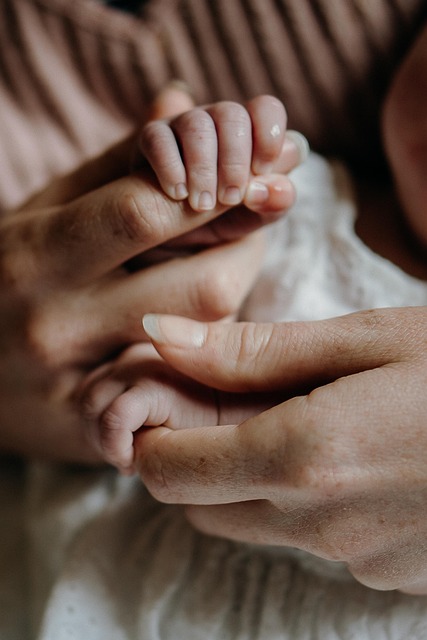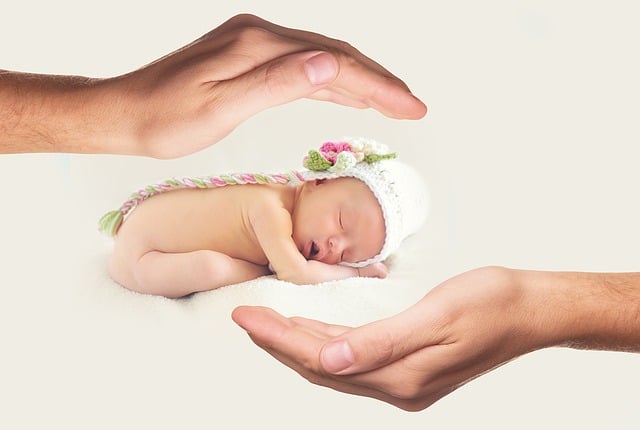Oregon's Child Protective Services (CPS) operate within Oregon family law to safeguard children's physical and emotional well-being. CPS intervenes in cases of compromised safety, employing crisis intervention and counseling to keep families together. The Oregon Family Law Code provides a robust framework for custody, visitation, and support, prioritizing the best interests of children while balancing parental rights. Reporting suspected child abuse or neglect is crucial; parents/guardians are responsible for their child's well-being and must adhere to case plans and court orders. At-risk families can access resources like DHS and community organizations for support, strengthening family bonds under Oregon family law.
In Oregon, ensuring the welfare of children is paramount. This comprehensive guide navigates the intricate landscape of child protective services, offering crucial insights for both legal professionals and families. We explore Oregon’s unique approach to family law cases involving minors, highlighting the legal framework that protects their rights. From reporting suspected abuse to understanding parental roles, this article equips readers with essential knowledge. Discover support resources tailored for at-risk families, ensuring a robust network of assistance within the state’s vibrant community.
- Understanding Oregon's Child Protective Services
- Legal Framework for Family Law Cases
- Reporting Suspected Child Abuse
- Rights and Roles of Parents/Guardians
- Support Resources for At-Risk Families
Understanding Oregon's Child Protective Services

Oregon’s Child Protective Services (CPS) play a pivotal role in ensuring the safety and well-being of children within the state, operating under the broader framework of Oregon family law. CPS is designed to protect vulnerable youth by providing services that aim to keep families together or facilitate safe alternatives when necessary. The agency intervenes when a child’s physical, emotional, or sexual well-being is at risk.
This protective service involves a comprehensive approach, offering a range of support including crisis intervention, family counseling, and in-home services to prevent removal of children from their homes. When risks cannot be mitigated through these measures, CPS works with courts to determine the best permanent placement for the child, such as returning home, fostering care, or adoption, always prioritizing the child’s long-term stability and mental health under Oregon family law.
Legal Framework for Family Law Cases

In Oregon, the legal framework for family law cases, including child welfare and protective services, is governed by a comprehensive set of statutes and regulations designed to protect the best interests of children. The Oregon Family Law Code outlines procedures for various family-related matters, emphasizing fairness, equity, and the unique needs of children involved in such cases. This includes provisions for temporary and permanent custody arrangements, visitation rights, and support obligations, all of which are crucial aspects of ensuring the well-being and stability of affected families.
The state’s approach to child welfare is shaped by a belief in the importance of maintaining family connections whenever possible while also providing necessary interventions to safeguard children’s health and safety. Oregon’s protective services agencies operate within a legal framework that balances the rights of parents or guardians with the state’s responsibility to intervene when a child faces potential harm. This delicate balance ensures that families receive support and guidance while upholding the paramount interest in the welfare and security of children.
Reporting Suspected Child Abuse

In Oregon, child welfare and protective services are crucial aspects of ensuring the safety and well-being of children within families. If you suspect any form of child abuse or neglect, it is imperative to report it promptly. The state has established a robust system to address these sensitive matters, guided by Oregon family law, which mandates reporting suspected abuses to relevant authorities.
When considering whether to make a report, observe any unusual behaviors or physical signs in children that could indicate harm. These may include unexplained injuries, emotional distress, or significant changes in behavior. It’s important to remember that reporting suspected abuse is a responsible step towards protecting vulnerable children and ensuring they receive the necessary support and intervention.
Rights and Roles of Parents/Guardians

In Oregon, parents or guardians have a fundamental right and responsibility to ensure their child’s safety, health, and overall well-being. Oregon family law outlines specific roles and obligations for caregivers, emphasizing the importance of nurturing and guiding children within a secure environment. This includes meeting their basic needs, providing emotional support, and offering consistent discipline while respecting the child’s inherent rights.
Parents/guardians are expected to make informed decisions regarding their child’s upbringing, education, and medical care. They play a crucial role in protective services by actively participating in case plans, attending meetings, and adhering to court-ordered guidelines. Understanding their rights and responsibilities is essential for fostering a collaborative relationship with child welfare authorities, ensuring the best outcome for both the family and the child.
Support Resources for At-Risk Families

At-risk families in Oregon can access a range of support resources designed to strengthen family bonds and prevent unnecessary separations. Oregon family law provides avenues for assistance through various state agencies and non-profit organizations. One key resource is the Department of Human Services (DHS), which offers services like financial aid, housing assistance, and parenting classes to help families meet their basic needs and improve their overall well-being.
Additionally, numerous community-based organizations in Oregon cater specifically to at-risk families. These groups provide counseling services, legal aid, and educational programs tailored to address unique challenges. By leveraging these support resources, families can navigate complex situations with guidance and resilience, fostering a more secure environment for their children while navigating the intricacies of Oregon family law.






